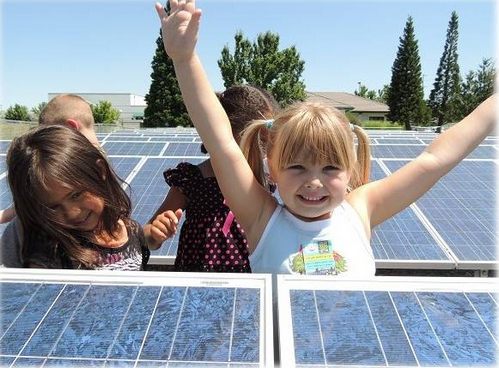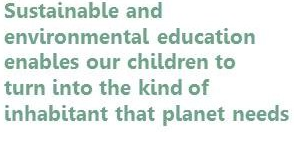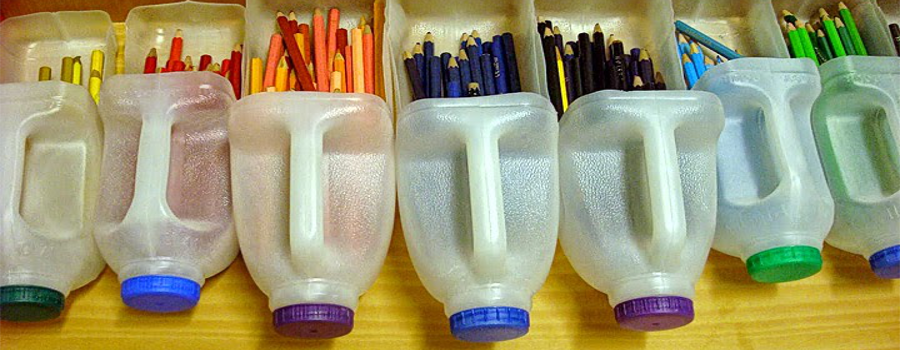‘Or from how to cultivate the energy consciousness of the tomorrow’s citizens through the education of today’s children’
Working in a technological centre where is made R & D & i is far from being the case of living in a futuristic bubble far away from the reality that is lived at grassroots level. On the contrary what we have in our hands day by day are challenges that any of us could meet. In my case, as a researcher working on issues of energy efficiency and sustainability, that is more than evident.
As you may have already seen in previous posts of my colleagues if you’re a regular reader of this blog, in the energy area we work on numerous projects that address energy efficiency in different fields and at different scales. We approach the problem from building level to city level, going through community and district or neighbourhood scales. These projects have a multitude of more or less complex technical implications that we analyse from different perspectives and profiles (architecture, engineering, computer science or telecommunications among others) seeking the optimal solutions for each case, but as would Ende, that is another story and shall be told another time.

Today I want to focus my attention on a necessary pillar to achieve efficiency and sustainability that is not a technical one: the user, the neighbour, the citizen. In short, people. You and me that after all are the ones who make things work as they do. As we have seen through the results of the DIRECTION project, in which they were built two buildings of very low energy consumption in Valladolid and Munich, the behaviour of users of buildings and their awareness have a great influence on the consumption and comfort final values.
Although there is an increasingly widespread awareness on energy and sustainability, in many cases it remains somewhat generic and fails to lead to changes in our habits. As my colleague Ana Quijano commented in his post, a key element is to ensure that the actions at a certain scale are profitable. This is certainly true in general terms, but in day to day life something more is needed. Social acceptance is an aspect that affects more than we might think. It is necessary that each of us become aware of our effect of our ability to act when it comes to getting energy savings and of our responsibility. For this to be so, it is necessary knowledge, mainly about the possibilities each one can have, and of course education. At this point it is when it starts to make sense the title of this post.

If the awareness of each of us as today’s individuals is essential, educating those who will be tomorrow’s citizens it is crucial. Only in this way it will be possible to find a way out of the energy and environmental crossroad where we have placed our planet. For those like me who have already reached a certain age, to act accordingly to energy consciousness might require changes in our traditional habits, and that’s not always easy to assimilate. It would have been simpler if we had them assimilated from childhood as normal, and this is where we can influence to improve the future from the present, through the education of children. The importance of teaching children in energy efficiency and energy and natural resources saving, lies not only in the transmission of adequate personal and social values, but in that they can assimilate as their own some behaviours that most adults have had to acquire belatedly, if we have done it.
There are increasingly more initiatives in this line in which the smallest of the house are the focus of attention. In schools, camps and other activities are routinely included resources relating to recycling and the reduction of the use of natural resources and their efficient use. How the energy is produced, transformed and used, as well as the consequences of each step are already part of the curricular itinerary. Recently, our colleague Laura López was speaking us in her post about an event organized by CARTIF in collaboration with the Municipality of Valladolid with the aim of raising awareness to children about recycling, specifically about the plastic named expanded polystyrene (EPS). Such initiatives are very important in strengthening on the education of children their awareness and responsibility. However, as a mother, I cannot fail to recognize that in this matter (as in many others) education at home is essential even more through the example. Our children reflect on their habits what they see in us, what they live every day, so we must strive to also (and especially) at home act with environmental and energy consciousness.

To achieve energy savings we can basically act in two ways, through solutions to reduce demand or consumption, or through energy efficiency solutions. Or to put it another way, spending less and spending better. It is no longer difficult to reduce the amount of energy we use by choosing devices and services of low or lower consumption and avoiding the waste of energy (holding lighted only the necessary lights, completely turning off electronic devices in the home, adjusting thermostats to suitable temperatures …).
Although it can seem difficult to see, children can also help us in these tasks. What might be more complex for us is to convince ourselves that such actions should not be a sort of imposition of our times but rather that saving energy is beneficial to us, both as individuals and as a society. Beyond the potential economic savings, reducing the general pollution with its consequent health benefits and reducing emissions of greenhouse gases that helps reducing the effects of climate change are positive consequences for all derived from individual appropriate attitudes and behaviour.
Among all and for the common good, we must help our children to take responsibility and behave in a critical way and have energy and environmental consciousness, to make it real that they are the kind of citizen of the future “our” planet needs. Particularly as a researcher in energy efficiency and sustainability, as a citizen who aspires to be part of a conscious and committed to energy efficiency and environmental protection society, and as a mother of a little citizen, I hope so.
- MOBILITIES FOR EU - 24 January 2024
- SmartEnCity, main character of the Europe Congress Palace - 16 September 2022
- How to get citizens with energy-consciousness ? - 5 July 2016
